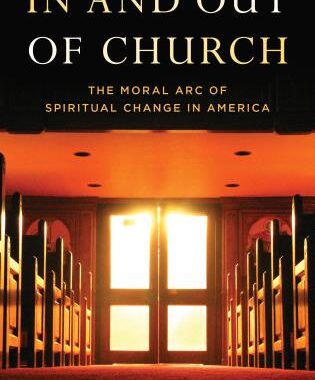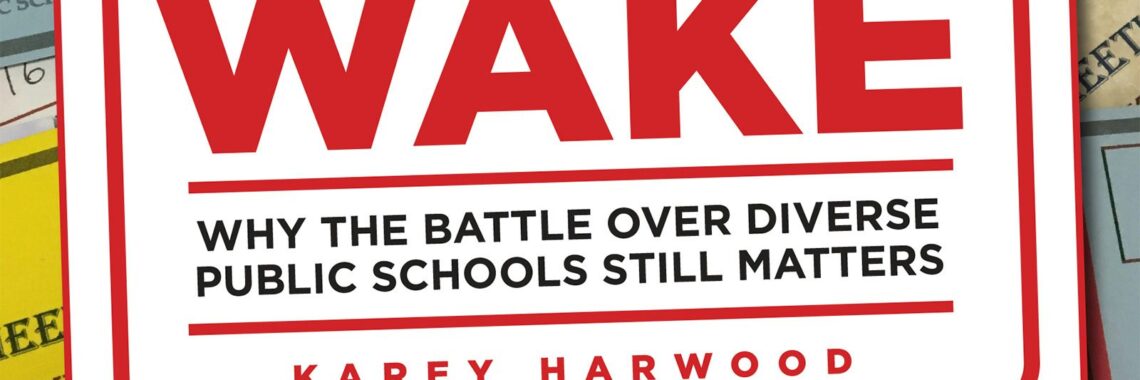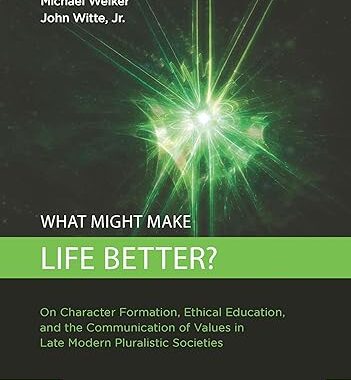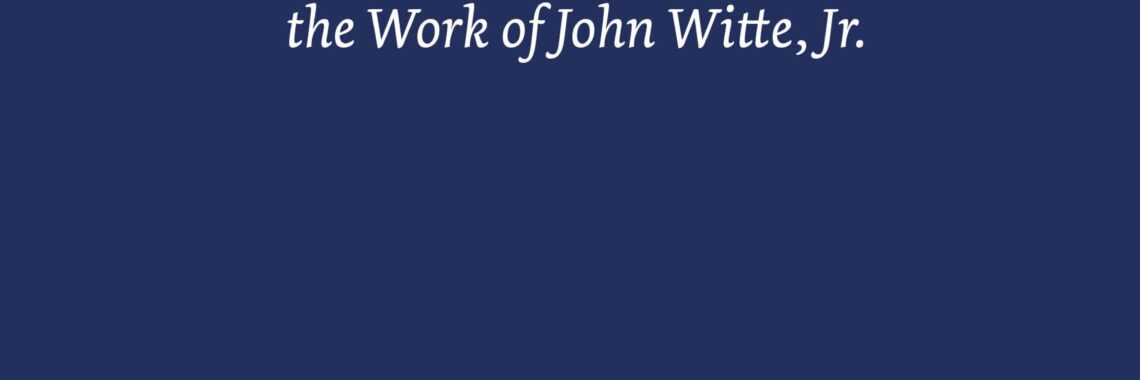“In and Out of Church” by Steven Tipton
In and Out of ChurchSteven Tipton The following is an adapted excerpt from Steven Tipton’s new book, “In and Out of Church: The Moral Arc of Spiritual Change in America.” With permission from Rowman & Littlefield Publishers, 2025. Freedom of conscience runs deep in the American grain of religious practice and belief all the way…







